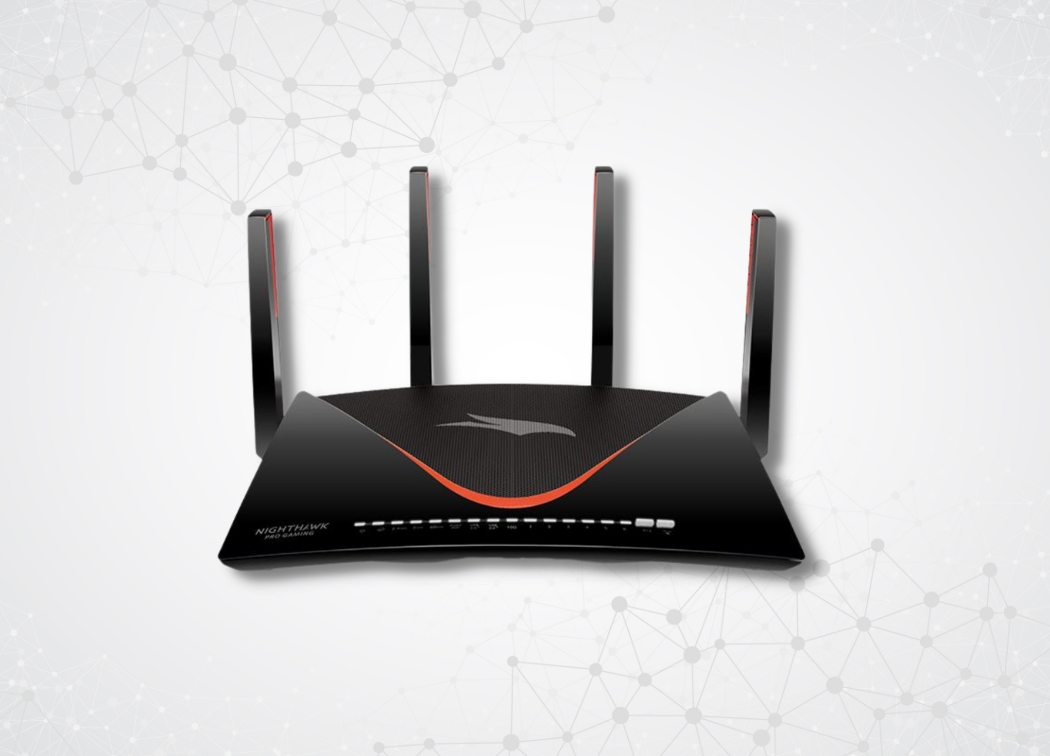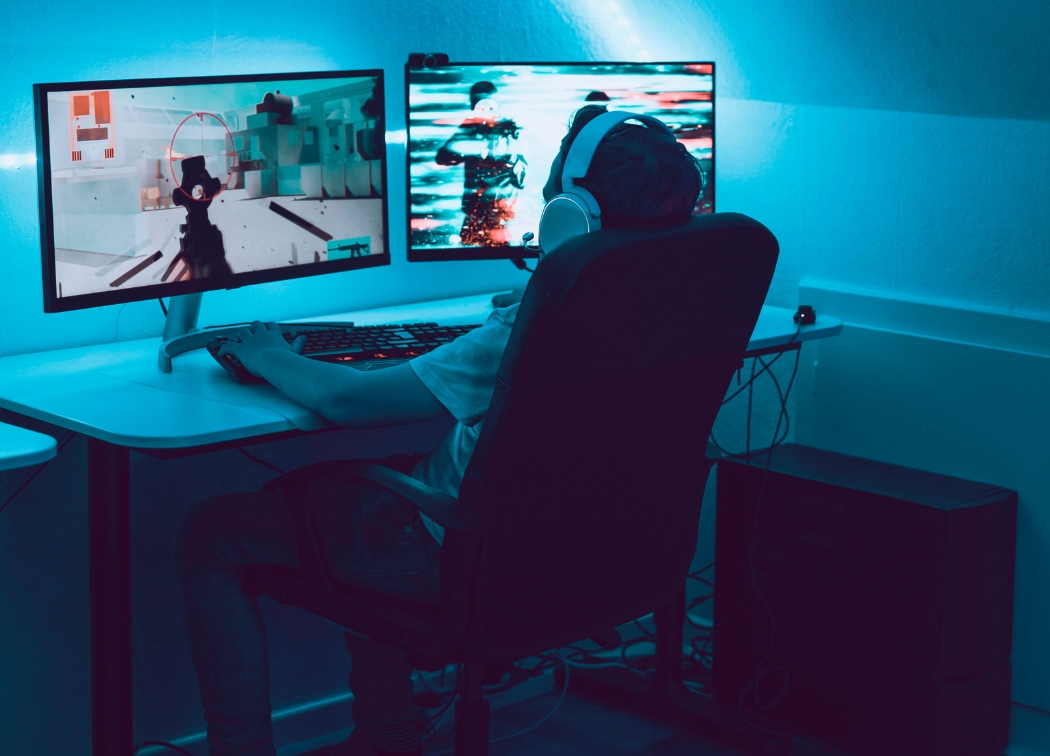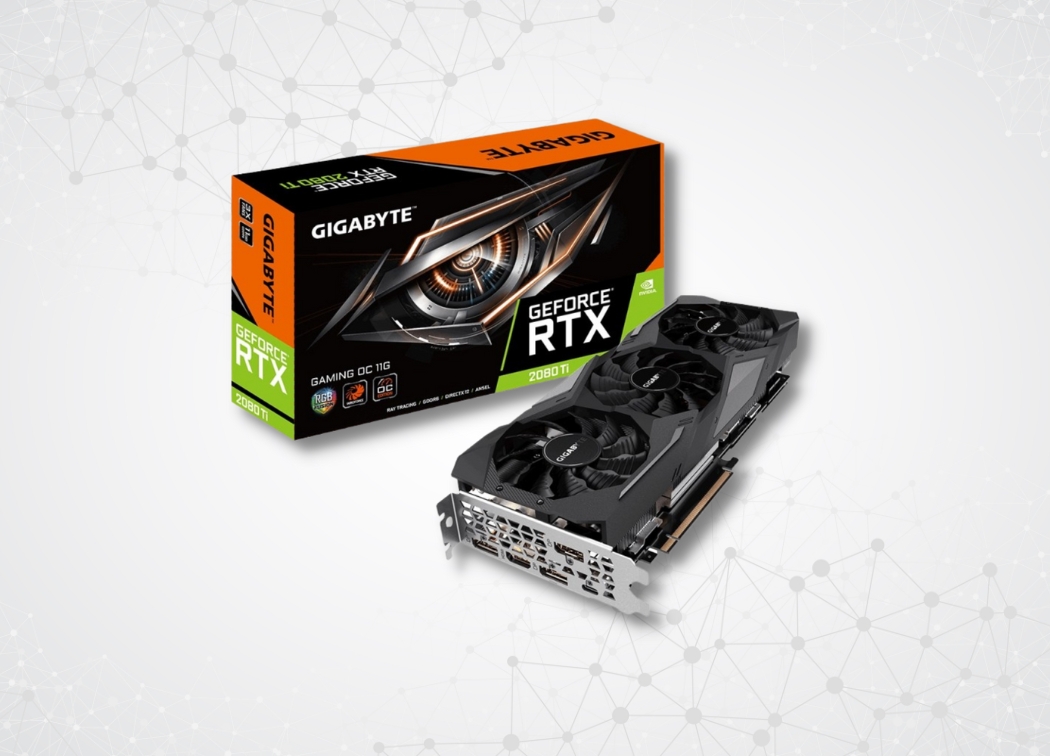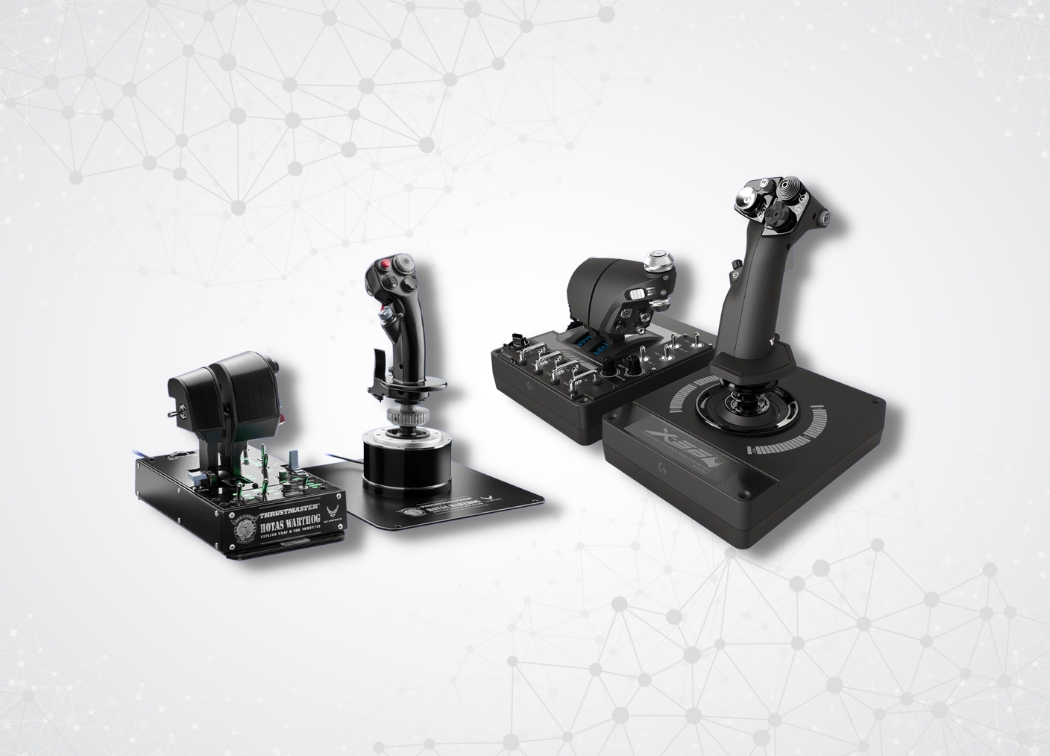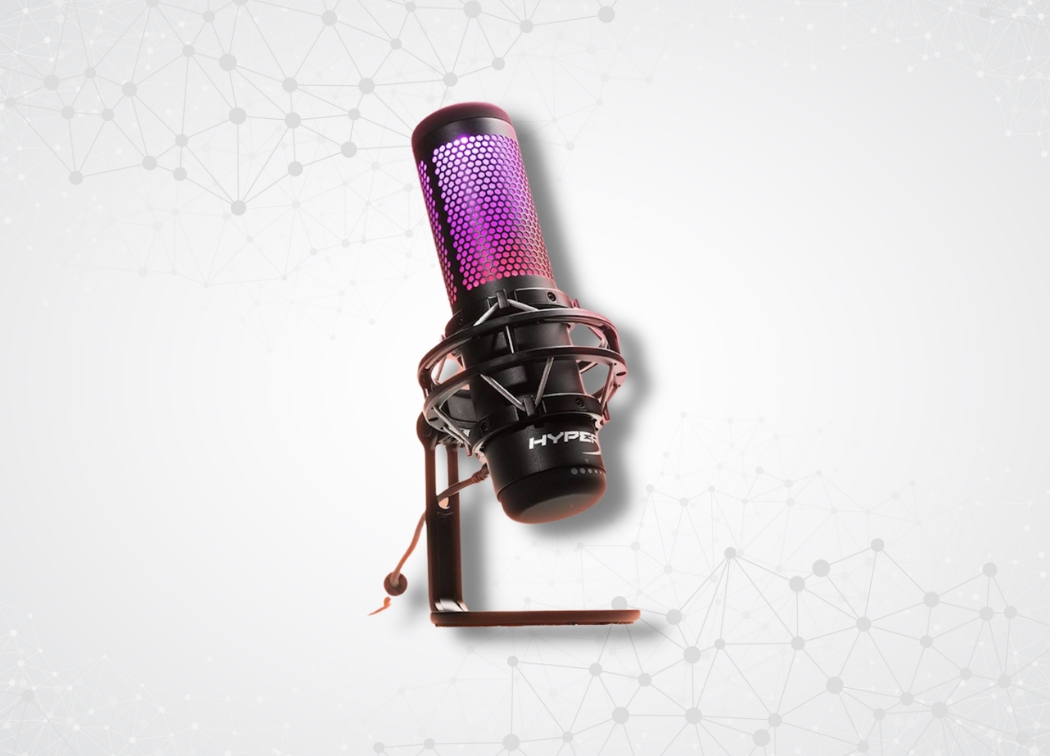One of the most crucial parts of a PC – especially if you use it for gaming or streaming videos – is a graphics card.
There are two main types of graphics cards to choose from: integrated and dedicated.
Not sure which one to choose? Below, we’ll highlight the difference between each option so you can make the best choice for your specific needs.
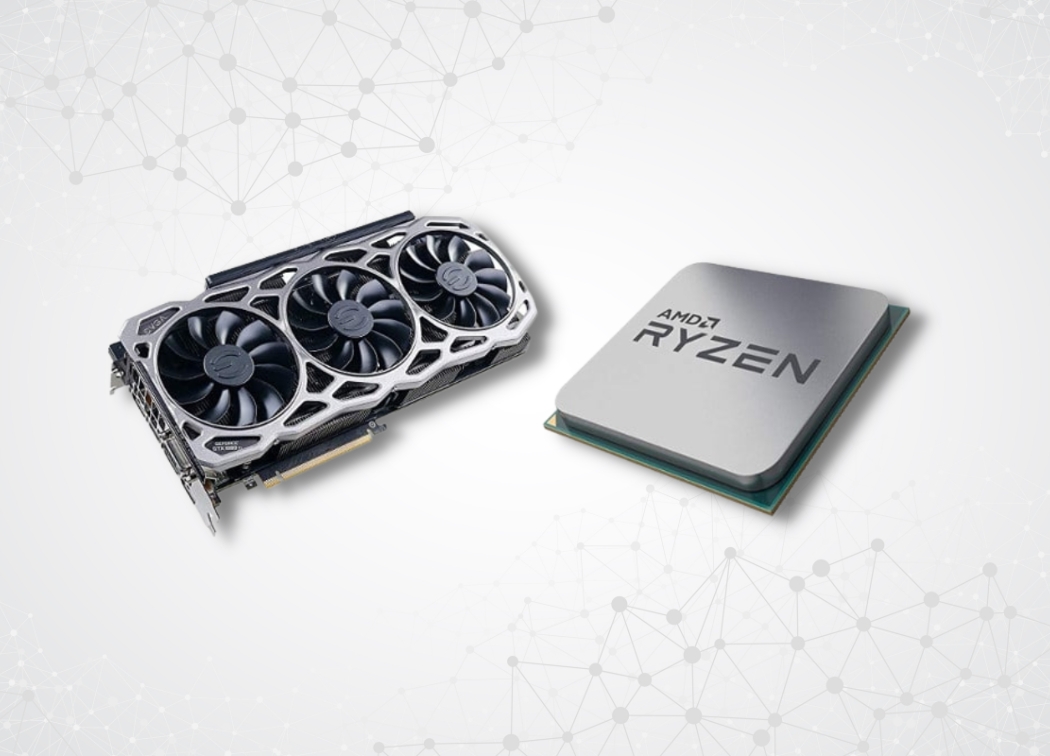
What are Integrated Graphics Cards?
A central processing unit (CPU) is the most crucial element of a computer. It’s the part that executes the various processes that make the device work; without it, a PC wouldn’t be able to function.
A graphics processing unit (GPU) is similar to a CPU; however, its job is to process all of the graphics the graphics; the audio and visual, if you will.
If the GPU is built onto the CPU, it’s referred to as integrated graphics. The card that is used in this type of system is an integrated graphics card.
Because integrated graphics are built into the CPU, an integrated graphics card is small, energy efficient, and affordable.
For example, in our Intel i7-9700K review, we saw that the processor comes with “Intel UHD Graphics 630 “. That is the integrated graphics of that particular CPU.
However, there are drawbacks to this type of graphics card. An integrated graphics card shares memory with the central system (hence the reason why this type of graphics is often called “shared graphics”.)
As such, there isn’t much RAM available for the card, as the two systems have to share.
Because the memory is shared, an integrated graphics card can only handle minimal functions; it can play videos and display basic animations, for example.
Therefore, an integrated graphics card is better suited for individuals who aren’t looking for intense capabilities; they’re only using their computer for basic functions.
What are Dedicated Graphics Cards?
A dedicated graphics card is completely separate from a PCs CPU. This card houses the GPU and its function is to processes all of the data related to graphics.
In other words, with a dedicated graphics card, the GPU and the CPU aren’t sharing the same memory.
Since dedicated graphics cards have more power, they also create more heat. To prevent overheating, these cards feature their own cooling systems, or fans.
Related: GPU temperature – why it matters
Because dedicated graphics cards are more powerful, they can process a lot more information at much faster rate.
In addition, these cards have their own memory (VRAM) and can be upgraded. With the increase in capabilities of a dedicated graphics card, they are a wise choice for someone who wants to get more out of their PCs graphics capabilities, such as gamers.
It should be noted, however, that while dedicated graphics cards are more powerful, they are much larger than integrated cards.
Also, they have a higher price tag. And, while they can be customized, if you do, you will need to up the cooling power, which you can do by purchasing a more powerful fan or a cooling block.
Related: Air cooling or liquid cooling? pros & cons
Which Should You Choose?
Should you choose an integrated or a dedicated graphics card?
It really depends on your specific needs and how you plan on using your computer.
For example, if you are only using it to perform basic tasks – word processing or searching the internet, for instance. Then graphics aren’t a major concern and an integrated card would suit your needs.
However, if you are looking to get the most out of your computer’s graphics capabilities – if you’re a gamer or a professional graphic designer, for example – than a dedicated graphics card would be a better choice for you.
More related posts:
How to check the specs of your PC


